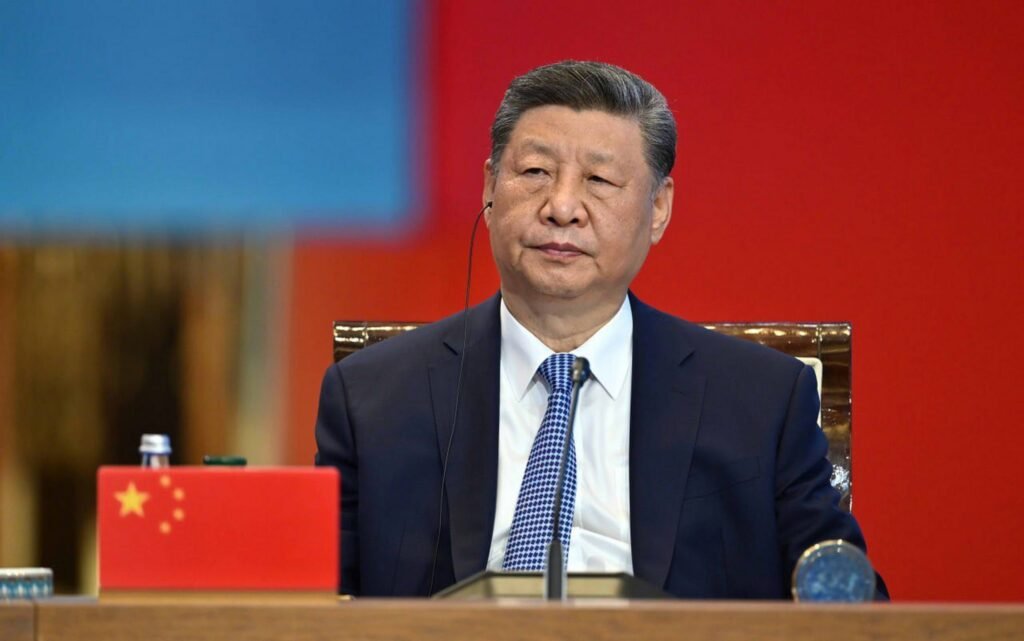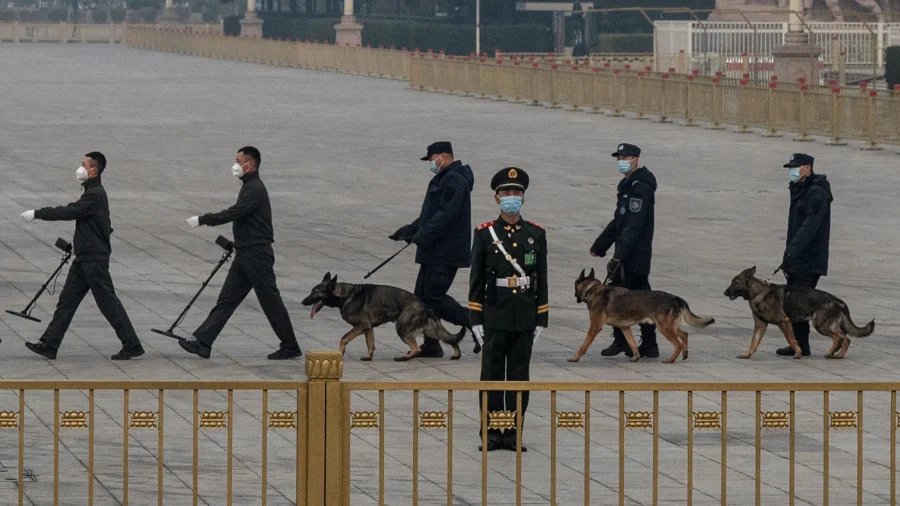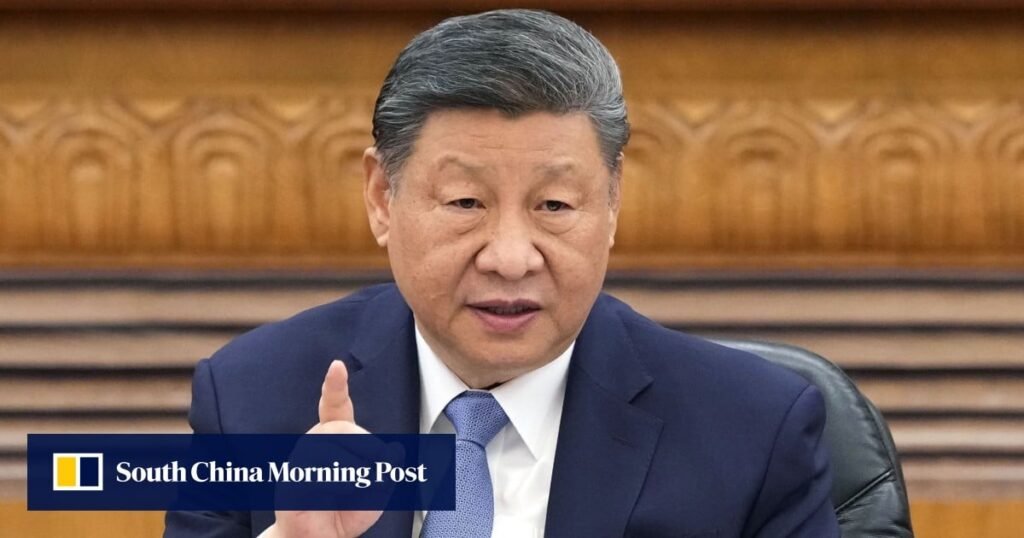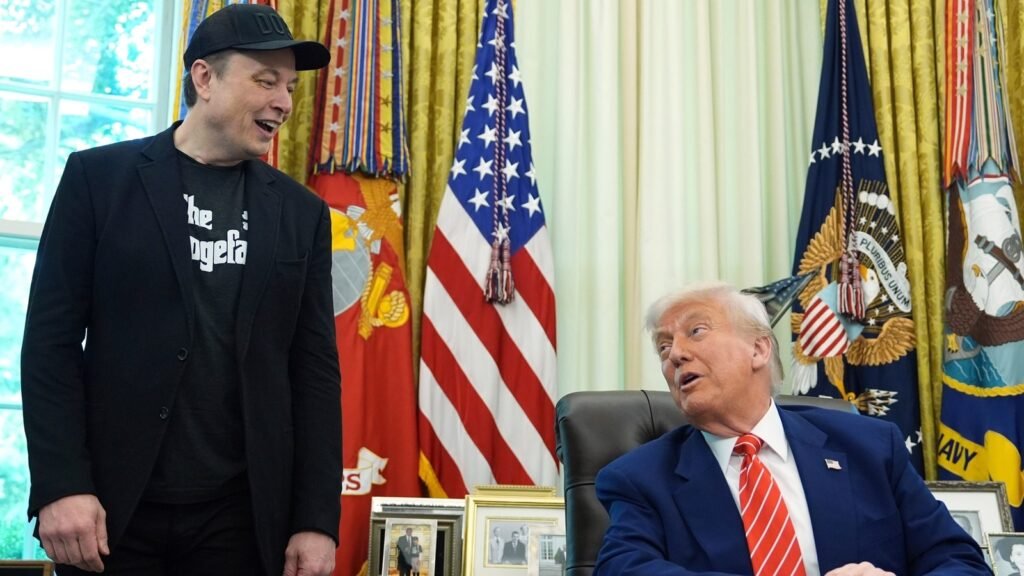
While AI tools are transforming healthcare, human doctors remain essential for empathy, judgment, … More and hands-on care
In just a few short years, artificial intelligence (AI) tools like ChatGPT have gone mainstream. Today, AI writes emails, plans vacations and even helps predict stock market trends. AI in healthcare can answer complex medical questions, analyze lab results and even pass medical board exams.
So will AI soon replace doctors?
Bill Gates seems to think so. In a recent appearance on The Tonight Show, he predicted AI could eliminate the need for doctors “for most things” within a decade, ushering in an era of low-cost, robot-led care. Think Baymax from Disney’s Big Hero 6.
But Gates is wrong.
AI will profoundly reshape medicine in the coming years. Yet it won’t replace most of what physicians actually do — at least not anytime soon. Instead, AI is becoming medicine’s smartest assistant, helping doctors work more efficiently and deliver better care.
What AI Can Do As Well (Or Better) Than Doctors Today
The argument for replacing doctors hinges on the idea that AI is already taking on core medical tasks. It’s true that AI excels with analyzing digitized data.
Consider radiology, where physicians spend much of their time interpreting x-rays, CT scans, MRIs and other tests. A 2019 Lancet Digital Health review found that AI could match or outperform human radiologists in image classification tasks.
Dermatology is another area at risk. Skin conditions can be photographed and analyzed by AI models that now rival or exceed board-certified dermatologists in detecting skin cancer.
The same goes for pathology. A 2024 Nature meta-analysis found that AI was 96% sensitive and 93% specific in diagnosis in clinical pathology across 48 studies.
When information comes in clearly bits and bytes, AI is probably already better than human doctors analyzing it. And where it’s not better today, it will nearly certainly be in the near future.
Why AI In Healthcare Won’t Replace Most Doctors Anytime Soon
Even in specialties like radiology, dermatology, and pathology, AI isn’t going to fully take over.
That’s because these doctors do far more than interpret images. Radiologists often perform procedures like image-guided biopsies or interventions for stroke and infections. Dermatologists carry out biopsies and treat skin conditions in the clinic. Pathologists perform autopsies and provide expert input on complex cases.
None of these hands-on tasks can be delegated to an AI.
How about replacing surgeons? Studies have shown that AI can assist with precision — but it cannot perform procedures independently. Indeed, surgery is one specialty where the core task of procedural competence has little chance of AI taking over.
Another issue is that many patients aren’t ready for AI-based care, much less fully autonomous care. A 2022 Pew survey found that 60% of Americans would be uncomfortable receiving diagnoses or treatment with AI involved. Yet as data emerges demonstrating the safety or even superiority of AI for some tasks, those views may change.
However, a core feature of the doctor-patient relationship – empathy – is something AI simply can’t replace. A 2011 study in Academic Medicine found that more empathetic physicians had patients with better diabetes control, showing that human connection improves real health outcomes.
No chatbot, however well trained, can offer the same trust, nuance or emotional understanding as a human physician.
AI In Healthcare Will Be The Doctor’s Smart Copilot
Rather than replacing doctors, healthcare AI is becoming a powerful copilot. As AI gets further integrated into care processes and use increases, it could free clinicians from many tasks to focus more on complex thinking, nuanced decisions and patient relationships.
An example of effective copiloting today is that doctors are increasingly using AI tools to brainstorm differential diagnoses. For example, for rare diseases in children, AI can be useful in helping identify characteristic combinations of features to hone in on the diagnosis.
Specific AI platforms, like OpenEvidence which is available only to physicians with a National Physician Identifier, can help clinicians rapidly access the latest research and evidence-based answers to challenging questions.
A promising area where AI is helping to automate clinical documentation of doctor’s notes. Doctors today spend nearly half their workday on data entry. In some specialities, particularly in outpatient medicine, voice-based AI assistants are easing that burden and saving time.
These are all AI tools that support doctors, not replace them.
What Will Determine AI in Healthcare’s Future Role?
AI’s capabilities are expanding rapidly. But their adoption by doctors is uneven — especially in clinical settings where workflows haven’t been optimized for integration.
For example, in ambient AI for documentation, some doctors find it invaluable. Yet others abandon it after a short time for a variety of reasons, sometimes because the notes that the AI produces don’t mesh with their specialty or require too much editing. Sometimes, doctors can’t seem to fit AI into their workflow or may feel like their current process (e.g. dictation) may be working just as well.
Indeed in some areas, AI has underdelivered. For example, when it comes to identifying sepsis in the hospital, algorithmically generated flags are commonly rejected or overridden by doctors, underscoring the continued importance of human judgment in a complex, dynamic conditions.
AI regulation is also a work in progress. The FDA’s Digital Health Precertification initiative and Europe’s AI Act aim to bring clarity. But big questions remain about privacy, bias and legal liability. If an AI system misses a cancer diagnosis, who is responsible? Because of these uncertainties, many health systems are hesitant to fully deploy AI tools.
How Can AI In Healthcare Be Optimized?
First and foremost, AI developers need to solve real clinical problems: improving decisions or enhancing efficiency.
A good example in emergency medicine is the AI tool “Queen of Hearts” which helps interpret subtle EKG findings that may mean the patient is having a heart attack. The software has received breakthrough device designation from FDA and may be cleared for use within several months.
Another issue is that AI development is happening so rapidly. Medical education needs to keep up. Some training programs, like Stanford and Harvard medical schools have started embedding AI into their curricula. But most practicing doctors and nurses aren’t yet trained to work effectively with these tools. That needs to change.
Ultimately, in the future AI may be able to take on some of the cognitive and administrative burden and allow doctors to do what only humans can do: connect, empathize and perform hands-on tasks that AI can’t replace. Importantly, physicians will need the training to supervise, interpret and collaborate with these AI systems.
So, sorry Bill Gates. The future of AI in healthcare will not be Baymax-style robot doctors. It will be smarter care, delivered by humans empowered with intelligent tools.








